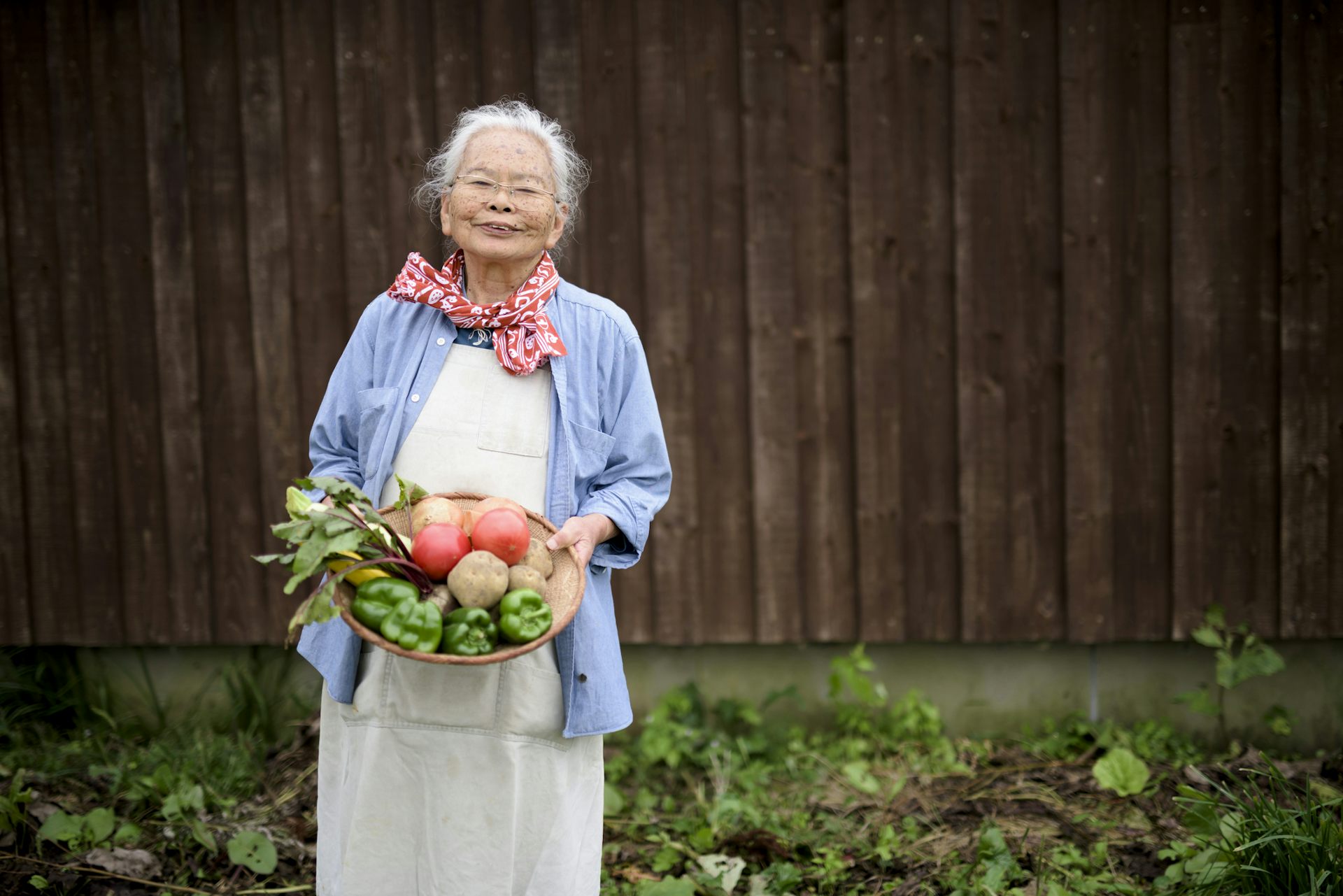What are halal foods?
Food plays an integral role during the 30-day period of Ramadan. This Speed Read explains how Muslims determine what foods are 'halal,' an Arabic word that means 'permissible.'

During the month of Ramadan, for 30 days, Muslims who choose to fast will neither eat nor drink during daylight hours. At night, when they break their fast, many will only choose foods that are considered permissible under Islamic law. The Arabic word for such food is “halal.”
The halal food industry in the United States is expanding rapidly. A growing Muslim population, along with younger non-Muslim customers who consume these foods for non-religious reasons, drove overall sales to a whopping US$20 billion in 2016, a 15 percent increase since 2012.
To clarify, most foods do come under the category of halal for Muslims. However, under Islamic law, the following are not considered permissible: blood, alcohol and other intoxicants, pork, meat of carnivorous animals like wolves or coyotes, birds of prey such as vultures, amphibians, snakes, and animals that live on land and water like frogs. Meat and poultry are considered halal only if the animals are conscious when slaughtered and bleed out before they die.
To determine which foods are halal, Islamic jurisprudence draws on three religious sources: passages in the Quran, the sayings and customs of the Prophet Muhammad, which were written down by his followers and are called “Hadith” and rulings by recognized religious scholars.
One verse in the Quran says, “He [Allah] has only forbidden to you dead animals, blood, the flesh of swine, and that which has been dedicated to other than Allah.”
This Quranic verse merely states that animals are unfit to eat if slaughtered in the name of deities other than Allah, but jurists have further ruled that animals must be slaughtered in the name of Allah and by a faithful Muslim. Jurists don’t always agree however. For example, most jurists have ruled that shellfish is halal. Others disagree.
Though no federal laws regulate the use of the label “halal” on food products, states such as California, Illinois, Michigan, Minnesota, New Jersey and Texas restrict the use of this label to foods that meet Islamic religious requirements. Various private Muslim organizations also oversee the production and certification of halal products.
Ramadan is a time set aside to celebrate and reflect on one’s relationship with Allah. For many Muslims, this includes respecting Islamic law by making sure that halal foods await them at the end of each day’s fast.
Myriam RENAUD is affiliated with The Parliament of the World's Religions.
Read These Next
Picky eating starts in the womb – a nutritional neuroscientist explains how to expand your child’s p
While genes do influence some food preferences, positive experiences can help make new tastes easier…
Your gut microbes can be anti-aging – scientists are uncovering how to keep your microbiome youthful
Certain lifestyle changes can help your gut microbiome help you age gracefully.
New dietary guidelines prioritize ‘real food’ – but low-income pregnant women can’t easily obtain it
New research reveals a deepening crisis in prenatal health as geography and income increasingly dictate…





